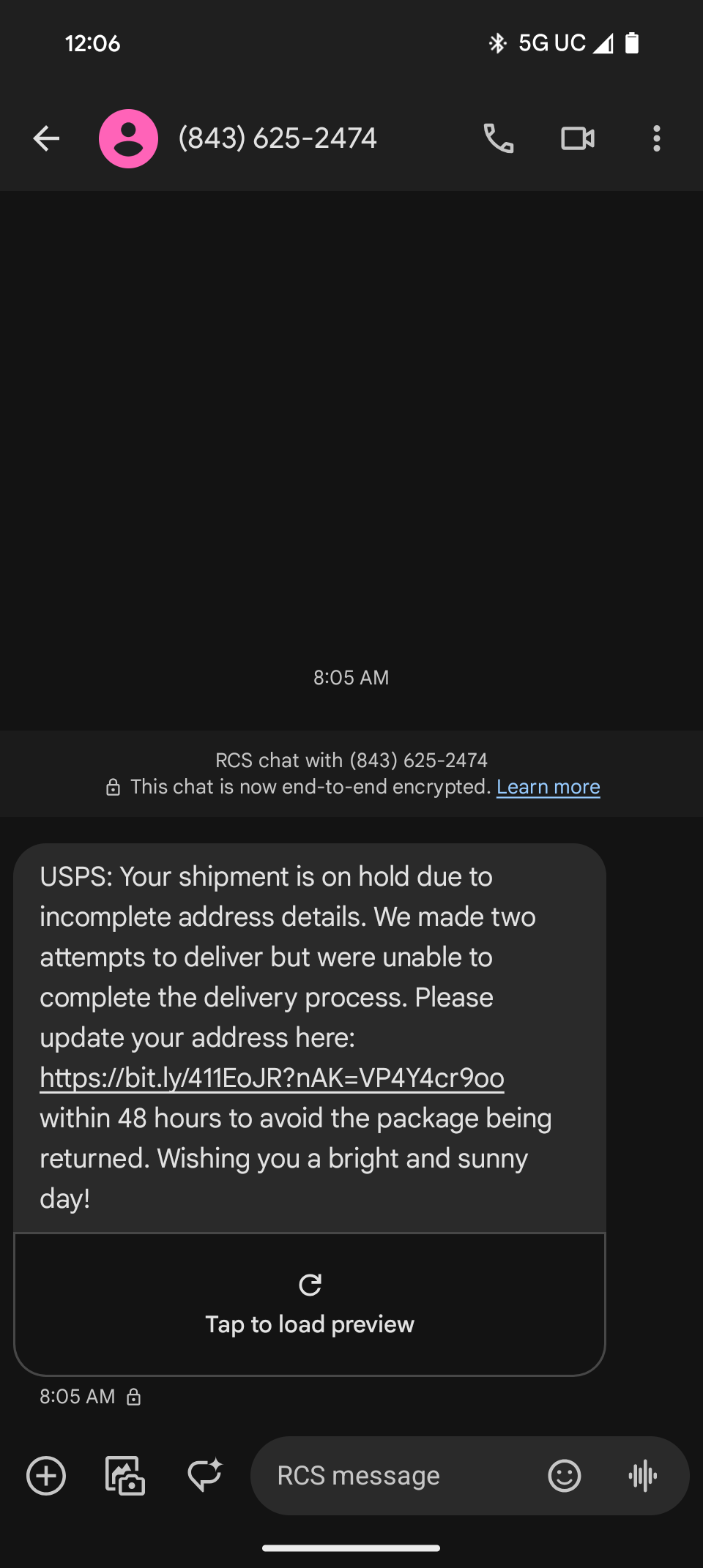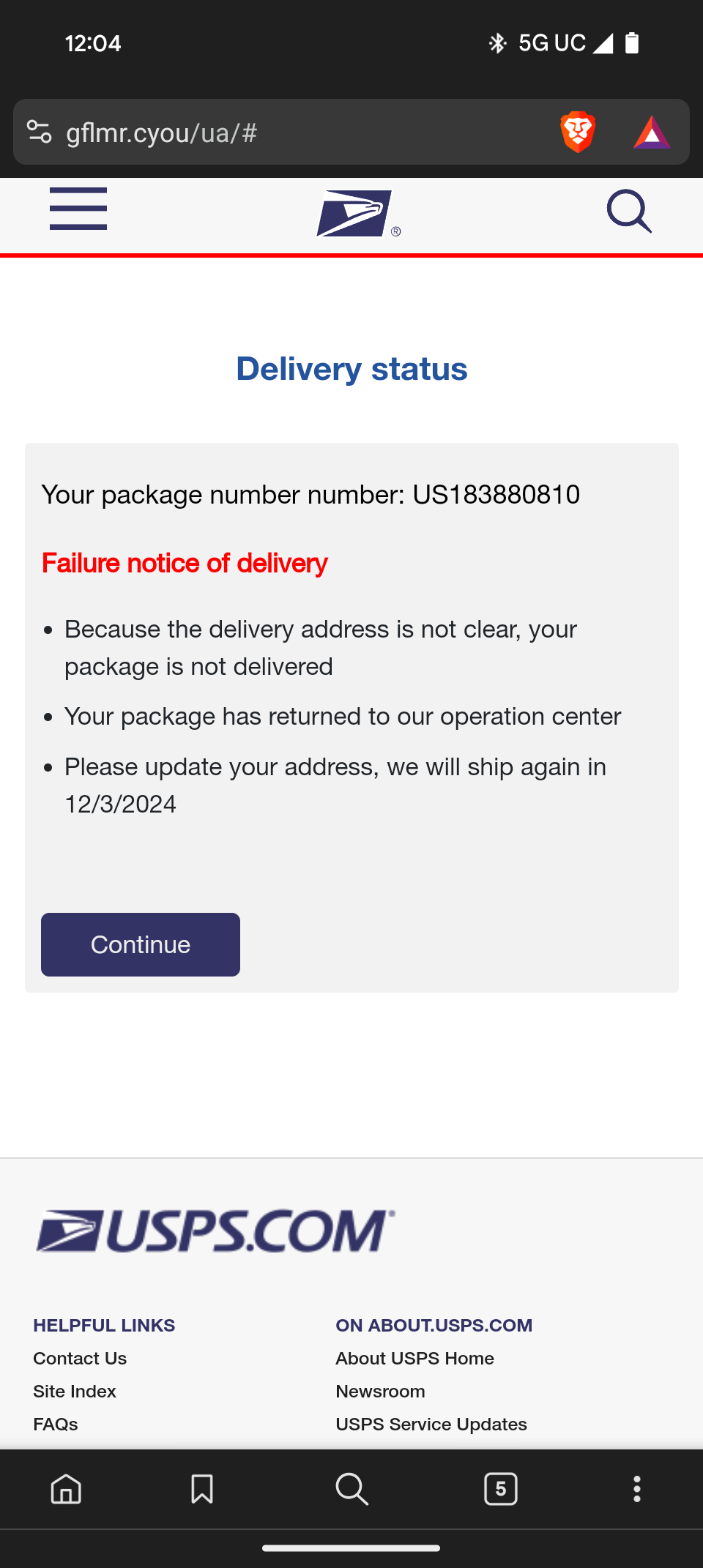Ask Lemmy
A Fediverse community for open-ended, thought provoking questions
Please don't post about current US Politics. If you need to do this, try !politicaldiscussion@lemmy.world
Rules: (interactive)
1) Be nice and; have fun
Doxxing, trolling, sealioning, racism, and toxicity are not welcomed in AskLemmy. Remember what your mother said: if you can't say something nice, don't say anything at all. In addition, the site-wide Lemmy.world terms of service also apply here. Please familiarize yourself with them
2) All posts must end with a '?'
This is sort of like Jeopardy. Please phrase all post titles in the form of a proper question ending with ?
3) No spam
Please do not flood the community with nonsense. Actual suspected spammers will be banned on site. No astroturfing.
4) NSFW is okay, within reason
Just remember to tag posts with either a content warning or a [NSFW] tag. Overtly sexual posts are not allowed, please direct them to either !asklemmyafterdark@lemmy.world or !asklemmynsfw@lemmynsfw.com.
NSFW comments should be restricted to posts tagged [NSFW].
5) This is not a support community.
It is not a place for 'how do I?', type questions.
If you have any questions regarding the site itself or would like to report a community, please direct them to Lemmy.world Support or email info@lemmy.world. For other questions check our partnered communities list, or use the search function.
Reminder: The terms of service apply here too.
Partnered Communities:
Logo design credit goes to: tubbadu
view the rest of the comments



There ought to be no limitation with, say, email.facebook.com. Sure, have the domain facebookemail to prevent bad actors grabbing it, but only use it as a redirection.
I don't think there's mail server software in existence that would choke on a subdomain like that. There might be a few mail admins too easily confused to be able to set it up, but I doubt there are any of those at Facebook.
That said, most people aren't going know that a subdomain is safer than a legitimate looking alternative, so maybe it's all moot.
Tangentially, it seems that someone has squatted on facebook-email.com (note the hyphen), so I expect that Zuck's lawyers are crawling all over whoever's done that.
I'm not up to speed on exactly how spam filters blacklist domains but I strongly suspect if Gmail thought spam was coming from email.facebook.com then it would restrict facebook.com too. That's the only reason I can think of for creating such a clunky domain; it's that a neater looking sub domain won't avoid the problem - hence having to register something completely different.
That sounds like a preference that would be added by whoever configured the server rather than anything else. I've definitely seen situations where a third-level domain has been under the control of (or sold to) a third party and so it wouldn't make sense to block the second-level, or other third-levels branched off from it if only one third-level misbehaved. Edit: And I don't just mean countries that treat second-level as top-level for some uses, like, say .co.uk.
I have no idea what the defaults are for various automatic spam blockers, since both arguments have merit.
It’s been a while since I’ve been in tech. Is there any kind of DNS reason why you’d want email coming from a different domain? Like to skip steps in DNS resolution by going straight to a domain name instead of resolving a subdomain to the main domain?
Technically, it might be faster, but that's not usually the reason. Email servers generally have to do a lot of work to confirm email messages are not spam. That work usually takes significantly longer than any potential DNS savings. In fact, that spam checking is probably the reason you see the secondary domains used.
When the main domain used for many purposes (like servers, users, printers, vendor communications, accounting communications, and so forth) It leaves a lot of room for misuse. Many pre-ransomware viruses would just send out thousands of emails iper hour. The mass communicating server could also reduce the domain reputation. There are just so many ways to tarnish the reputation of your email server or your email domain.
Many spam analysis systems group the subdomains and domain together. The subdomains contribute to the domain score and the domain score contributes to the subdomain score. To send a lot of emails successfully, you need both your servers and domains to have a very strong and very good reputation. Any marks on that reputation might prevent emails from being received by users. When large numbers of emails need to be controlled, it can be hard to get everyone in the organization to adhere to email rules (especially when the the problems aren't users, but viruses/hackers) and easy to just register a new domain, more strictly controlled domain.
Some of the recent changes in email policies/tech might change the game, but old habits die hard. Separate domains can still generally be more successfully delivered, have potential security benefits, and can often work around IT or policy restrictions. They might phase out, but they might not. The benefit usually outweighs the slight disadvantage that 99% of people won't see.
tl;dr
Better controlled email reputation.
A lot of things that don't make sense 99.9% of the time make sense at the scale of Google and Facebook. Whether this is one, I can't say.